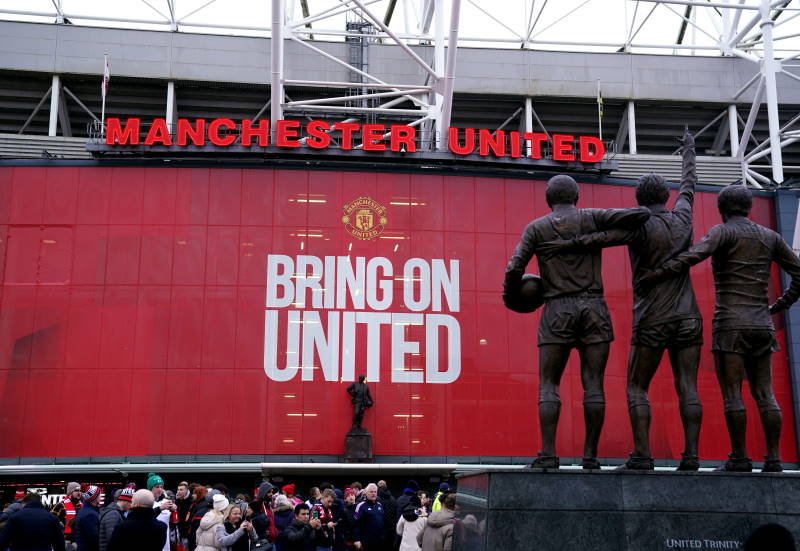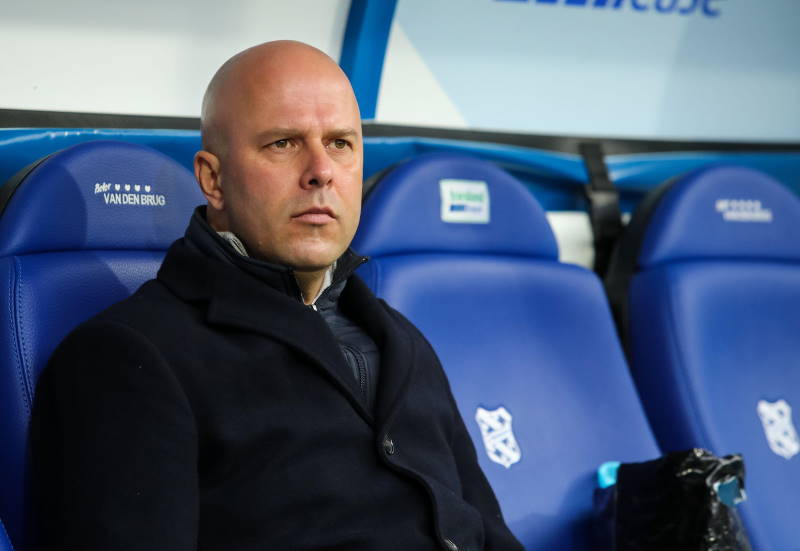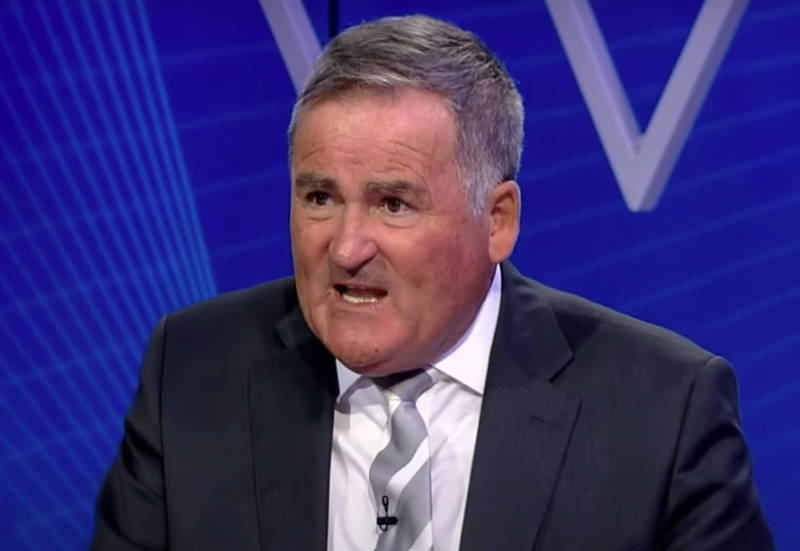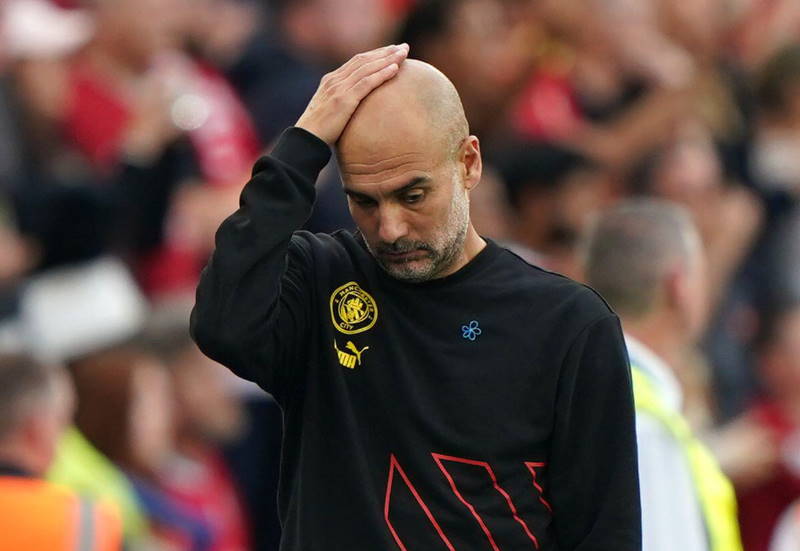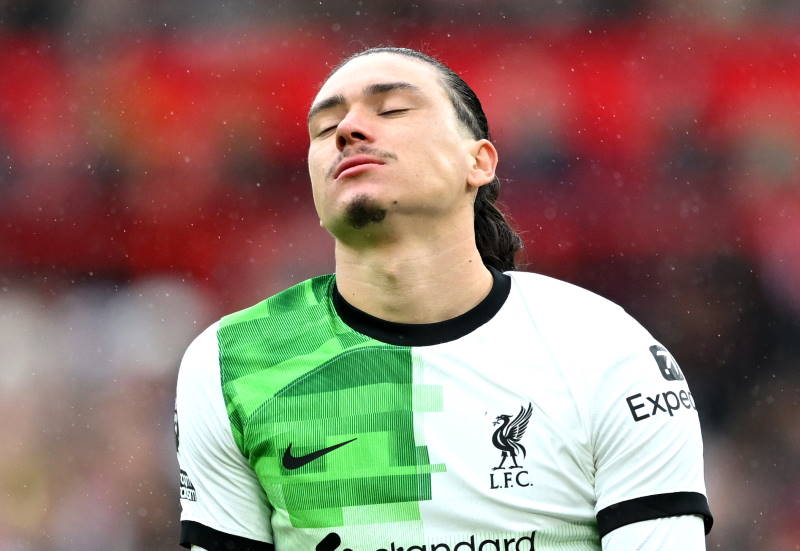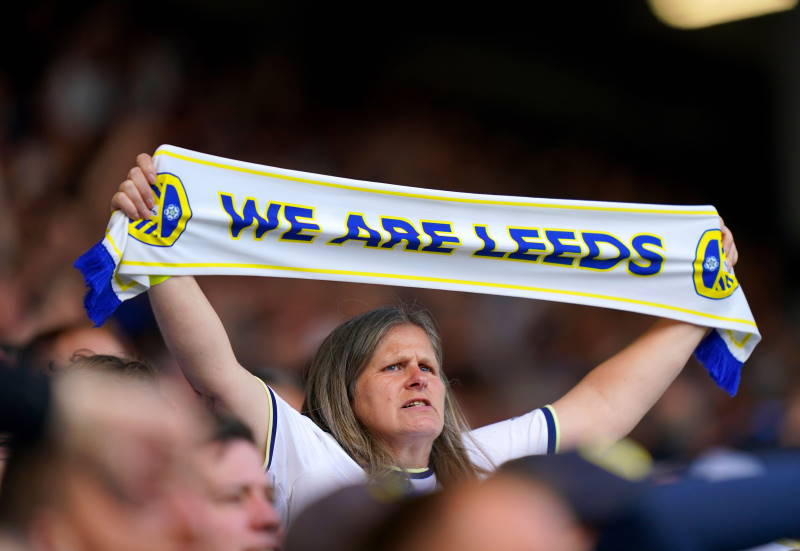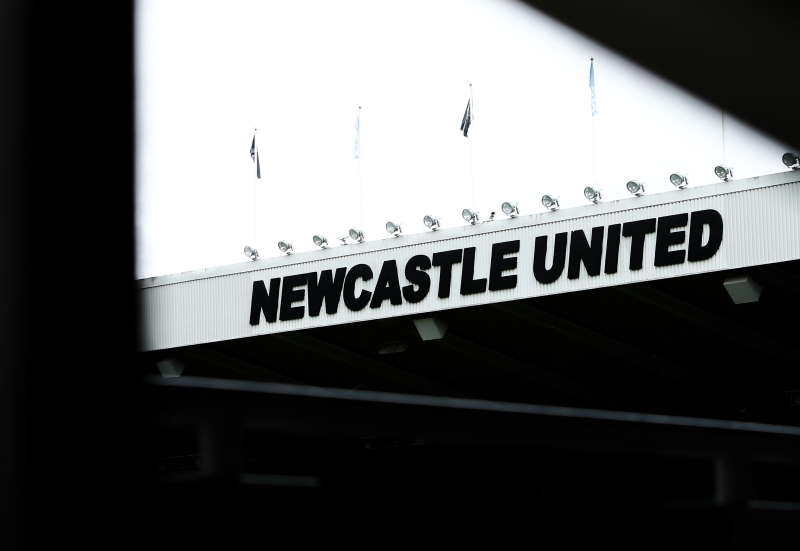Tom Oldfield
As Iker Casillas lifted the European Championship trophy, ending 44 years of misery for the Spanish side, no one will have looked on more ruefully than Germany captain Michael Ballack. And no one will have felt the sense of déjà vu as strongly as Ballack.
This could have been his big moment. Having led a below-par Germany team to the final with important goals against Austria and Portugal, Ballack was all set to step into the spotlight. Despite a calf injury, he took his place in the starting line-up but the night ended in familiar fashion.
For Ballack now has a reputation as being a regular bridesmaid yet never the bride in big tournaments. A quick look through his career – at club and international level – explains why. He is a player of immense talent – a point on which all football fans agree – but he does not have the winners’ medals in his trophy cabinet that his performances have merited.
Take the Champions League final of 2002, for example. Ballack, then at Bayer Leverkusen, was an integral part of the side and helped mastermind victories over Liverpool and Manchester United on the way to the showpiece final. While their opponents, Spanish giants Real Madrid, were the favourites, Leverkusen pushed the Spaniards all the way. It was a tight contest but Real won, courtesy of a Zinedine Zidane wonder goal. Ballack was forced to walk past the trophy that night and it would not be the last time he faced such an experience.
In fact, Leverkusen’s 2001/02 season is remembered as the ‘Treble Horror’. Not only did Ballack miss out on the Champions League but the club also lost the league in the final weeks of the campaign and the German Cup final. Sadly, the jinx was only just beginning for Ballack.
However, anyone who saw him play in the 2002 World Cup in Japan and South Korea that summer could never have guessed the heartache of his season at Leverkusen. He was one of Germany’s star men as he showed once again that he had the skills to help his team progress to the latter stages of knockout competitions.
Yet there was another sting in the tail for the midfielder. His second-half goal in the semi-final against South Korea booked Germany’s place in the final against Brazil but a yellow card that he collected in that game meant he was suspended for the showdown with the Brazilians. Ronaldo led Brazil to a 2-0 victory and Ballack once again walked past a major trophy. This time he had not even been able to influence the outcome of the game.
Fast forward to the 2006 World Cup in Germany and Ballack again showed his quality as a footballer. He was awarded the captaincy after Euro 2004 and led by example as the team prospered on home soil. With a nation’s hopes resting on their shoulders, the German players handled the pressure comfortably and moved through to a semi-final against Italy. But it all turned sour for Ballack again as a top prize came into view. The Italians scored twice in the dying moments of extra-time and Germany ended the competition in 3rd place.
He could have been forgiven for wondering what he had done to deserve such bad luck – and certainly forgiven for thinking that it must surely come to an end soon. But a move to Chelsea did little to remove the major trophy jinx.
Despite picking up an FA Cup winners’ medal, his first season in England (2006/07) ended with the Blues’ losing their Premier League crown to Manchester United. A year later, the pain was even worse. Ballack was brilliant in the second half of the season to lead Chelsea back into a title race that seemed over, but United held their nerve on the final weekend to win the league on goal difference. The look of dismay returned to the midfielder’s face as another trophy slipped through his fingers.
Ten days later, that look was visible again. Chelsea and United squared off in the Champions League final as Ballack got a second chance to win the big prize, but it was not to be. He played excellently on the night yet the Blues lost on penalties and he found himself making that same miserable walk towards a runners-up medal.
And now this Euro 2008 disappointment has added to the list of woe for Ballack. Of course, he is too strong-willed to let the setback in Vienna affect him in the long run, but he will be as desperate to succeed as anyone at Stamford Bridge when the new season kicks off.
Even for neutrals, it would be hard to begrudge Ballack a few special nights before he walks away from the game. Time is still on his side but only silverware will ease the painful memories of those failures for club and country.


